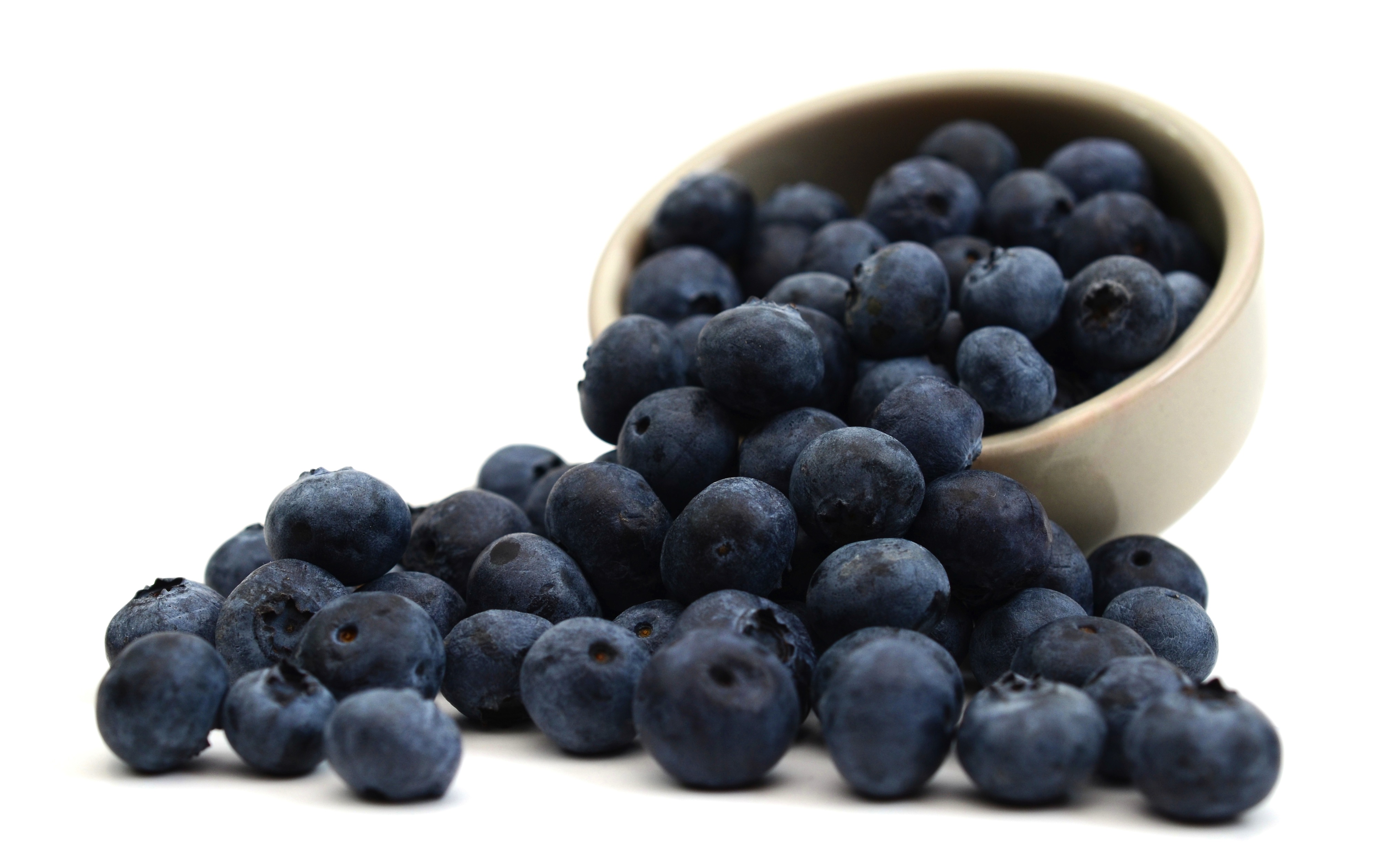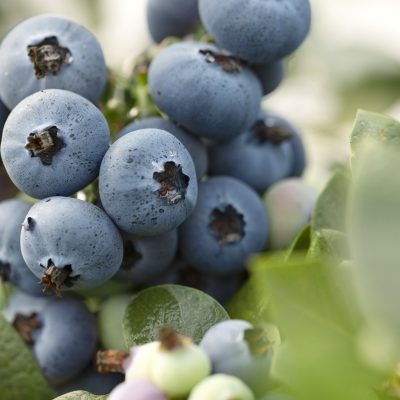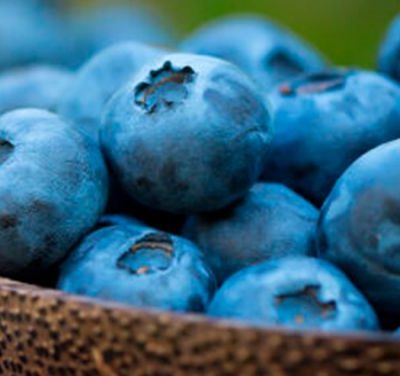Growing appetite for NZ blueberries produces record sales
Huge demand for New Zealand blueberries is being welcomed by local growers who have exported a record 1.37 million kilograms of fruit this season.
Blueberries New Zealand (BBNZ) announced over 10 million punnets of berries (worth an estimated $30 million FOB) were shipped to the end of March – a 40 per cent increase on the season before.
“Demand is continuing to grow, especially in Asia-Pacific where a ‘food-as-a-medicine’ culture prevails,” explains Blueberries NZ Chairman Dan Peach. “Asian markets have demonstrated a clear and voracious appetite for blueberries thanks to the wide range of amazing health benefits they offer.”
BBNZ is working proactively to open new markets in Asia-Pacific to allow its members to take advantage of the fruit’s popularity. New Zealand growers have been expanding their businesses as a result, with planned planting estimated to give a 50 per cent increase in area in the next two years. With such long lead times from planting to economic yield ( 10-12 years ), growers have been planting strongly over the last 5 years or so.
“Few other products can take maximum advantage of the ‘NZ Inc’ brand in Asia-Pacific like blueberries can,” Peach says. “We are uniquely placed with a counter-seasonal supply that enjoys the benefits of the clean, green, safe image New Zealand produce has in Asia (MFAT 2012)
“This synergizes with the myriad of health benefits of blueberries to create a value added product and fits with wider government and primary industry moves to diversify land use and products away from low margin bulk commodities.”
Blueberries are widely regarded as a nutrition powerhouse, containing higher antioxidant levels than just about every other fruit or vegetable. They play a vital role in promoting overall good health with research showing positive effects on gut health, anti-ageing, brain health, heart disease, diabetes prevention and management (Muraki et al. 2013) and cancer (Neto, 2007).
The industry was particularly excited to hear about recent research by a Massey University PhD graduate who found animals who ate blueberries as part of their diet had a 50 per cent lower rate of breast cancer tumours (Vuthijumnonk, 2016).
“The more blueberries are studied, the more talents they seem to have buried beneath their skin,” Peach says.
Other New Zealand research has shown that eating blueberries before a hard training session or a big sports game helps improve repair and recovery, and keeps your mind sharp through improving blood flow to the brain and muscles (Hurst, 2014).
“A diet low in fruit is also considered to be the third highest non-communicable disease risk factor for death after smoking and high blood pressure, so it’s not hard to see why blueberries are highly sought-after,” he says.
“Blueberries are one of the best foods you can eat and our local industry is well-positioned to take advantage of their growing popularity world-wide.”





